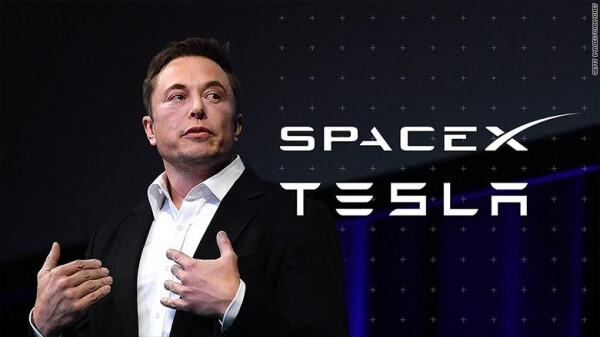
Elon Musk, CEO of Tesla, caused a major stir in the market as Tesla's stock price plummeted after he announced plans to form the 'America Party'. On July 7 (local time), Tesla's stock price temporarily fell by as much as 7.6% during intraday trading, then recouped some of its losses, but ultimately closed down 6.79%. This was the largest single-day drop since the social media spat between President Donald Trump and Musk on June 5.
Musk’s sudden political move intensified investor anxiety, dragging down Tesla’s stock price. According to data analytics firm ORTEX, Tesla short sellers who bet on the stock’s decline that day reaped massive profits of approximately $1.6 billion (about 2.2 trillion Korean won) in a single day. This clearly shows that Musk's political risks are materializing.
Musk's Party Declaration and Trump's Criticism Musk announced on July 5 via his social media platform X (formerly Twitter) that he would establish the 'America Party'. He stated that the party would be "for the 80% of moderates" in response to the Republican Party narrowly passing a comprehensive tax cut bill that reflected President Trump's key national agenda.
President Trump immediately pushed back. Trump expressed concern on Truth Social, saying, "Musk has been completely out of control for the past 5 weeks, like a train wreck." He also told reporters, "A third party only causes chaos and can never succeed," and strongly criticized, "It's fine if Musk is doing it for fun, but it's a foolish idea."
Political experts predict that it will be difficult for Musk to succeed in establishing a third party. Institutional barriers, a decline in public favorability towards Musk, and a limited political support base are cited as major obstacles. Musk has already hinted at the possibility of exerting influence in some constituencies, directly targeting the tax cut bill.
Tesla hobbled by 'political risk,' investor anxiety spreads Musk's continuous 'political risk' is severely damaging Tesla's stock price and brand image. Musk's political remarks and far-right actions while serving as head of the Department of Government Efficiency (DOGE) in the Trump administration negatively impacted Tesla's brand image. As a result, Tesla has suffered from various woes, including sales declines and volatile stock price swings. In fact, Tesla's stock price plunged by nearly half in the first quarter, but showed signs of recovery after Musk left the White House.
However, after the social media feud between Musk and Trump continued, Tesla's stock price dropped again. This conflict coincided with a crucial period when Tesla needed regulatory approval for its autonomous driving technology, adding further burden. As the spat between President Trump and Musk escalated, Trump hinted on Truth Social earlier this month that "the country could save enormous money if rocket launches, satellites, and electric car production were all stopped," suggesting that all federal government contracts and various benefits related to Musk's companies could be terminated.
Neil Wilson, a strategist at the global online investment platform Sako Markets, pointed out that "Tesla investors are concerned on two fronts." He cited "the possibility of the Musk-Trump conflict leading to reduced US government electric vehicle subsidies, and Musk's preoccupation with politics, preventing him from focusing on his core business" as the reasons for concern. Wilson also added, "When Musk seemed to withdraw from the political front, investors cheered, but as he is drawn back into politics, concerns are growing that he will not be able to focus on Tesla's management."
Deepening Tesla sales slump…BYD threatens world No. 1 position Amid political controversies, Tesla is struggling with a severe sales slump. Tesla's global sales in the second quarter were 384,122 units, a 13.5% decrease compared to the same period last year. Net profit in the first quarter plunged 71%, and electric vehicle deliveries also decreased by 13%.
Due to this sales slump, Tesla is on the verge of losing its title as the world's largest electric vehicle seller to China's BYD on an annual basis. Despite not yet having entered the U.S. market, BYD has already surpassed Tesla in global sales. The prevailing analysis is that Musk's political actions are negatively affecting Tesla's fundamental business competitiveness.
[Copyright (c) Global Economic Times. All Rights Reserved.]






























